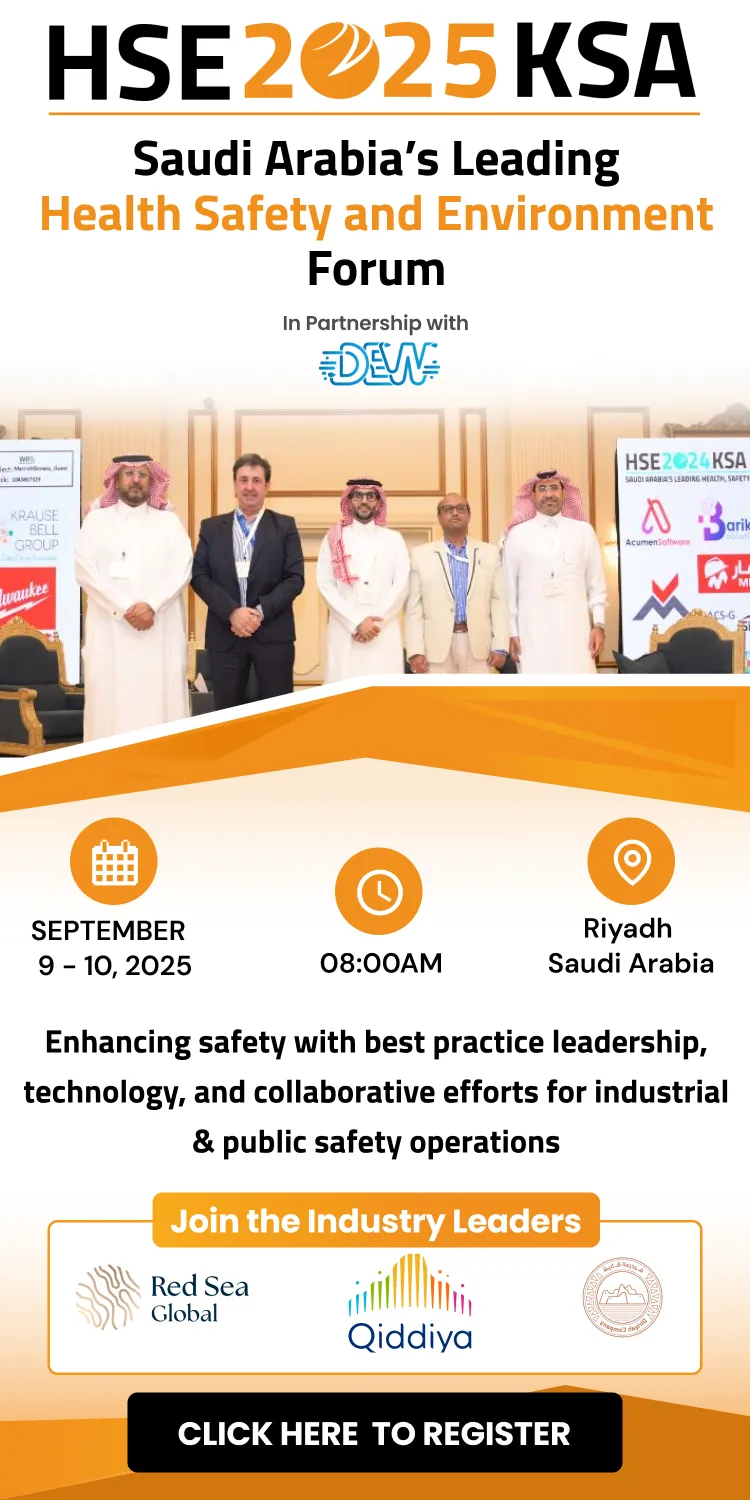
HSE GOM will bring together leaders from the offshore community to share insights and best practices for enhancing safety. (Image source: Adobe Stock)
The inaugural Health, Safety & Environment Gulf of Mexico conference (HSE GOM) takes place at Hilton Greenway Plaza Houston Texas from 8-9 October 2024, providing an unparalleled opportunity to connect with the region’s offshore HSE community
The growing focus on health, safety and environment is putting pressure on the Gulf of Mexico’s oil and gas sector to update their strategies. Operators in the region grapple with key challenges such as the Covid hangover, getting workers on board, ageing assets and, notably, evolving stringent regulations kick-started by the events around the Deepwater Horizon disaster.
To combat these challenges, stakeholders are engaging in a range of best practices and deploying new technologies in order to bring their workforce together and mitigate risk for their operations moving forward.
Sharing best practices
HSE GOM will bring together leaders from the offshore community to share insights and best practices for enhancing safety standards and performance across the region. More than 20 expert speakers from companies including Apache Corporation, Baker Hughes, Bureau of Safety and Environmental Enforcement, Center for Offshore Safety, MSC Mediterranean Shipping Company, Murphy Oil Corporation, Shell and Weatherford will present on crucial topics across the four main themes of safety culture; process safety; planning and preparation; and technology and innovation.
“At HSE GOM, you’ll gain exclusive access to operator best practices and innovative technologies, exploring strategies to enhance safety performance across the region,” said Jack Heffernan, project manager. “Engage with 150 influential decision-makers during our dedicated networking sessions in our technology showcase hall, to catalyse potential partnerships and enhance your presence in the market. Don’t miss out as we hear from regulators including BSEE on standards development, explore industry-leading strategies for cultivating a robust safety culture, and discover cutting-edge advancements in PPE, ensuring the region’s workforce are optimally equipped.”
For full information, download the brochure at https://events.offsnet.com/HSEGOM2024#/Brochure
Contact Jack Heffernan at









